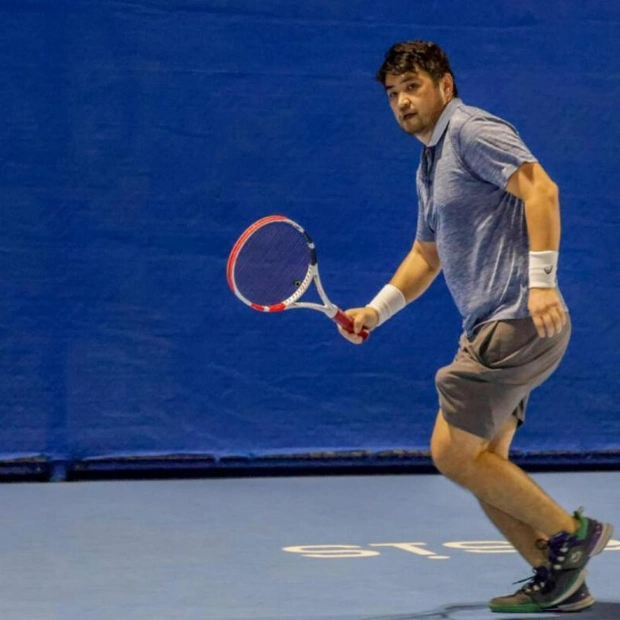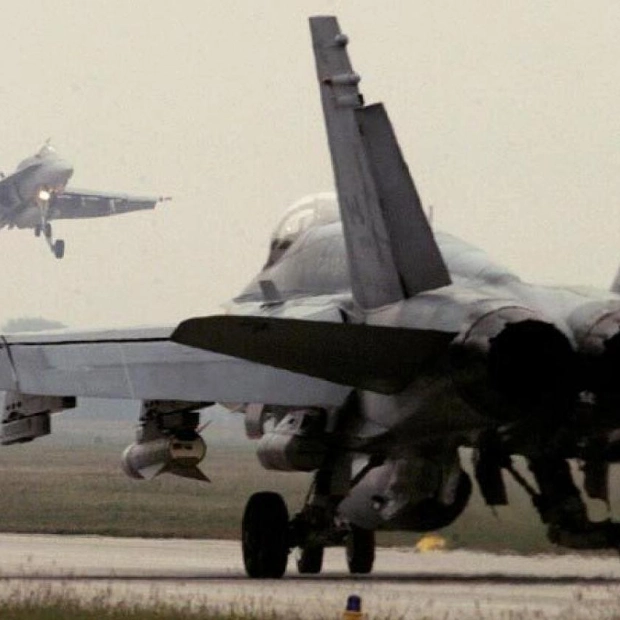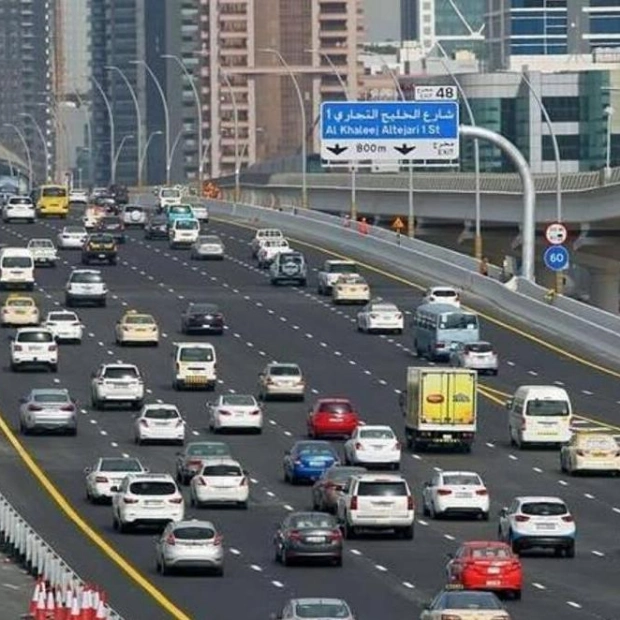The anticipation – possibly the apprehension – was that Manchester City versus Arsenal would mirror their two league encounters last season: undeniably high-quality and tense, yet somewhat restrained, lacking the intensity to be remembered vividly by neutral observers. Instead, what unfolded was a classic match, brimming with a myriad of subplots, controversy, brilliance, and moments of lethargy that ultimately resembled a reenactment of José Mourinho’s Internazionale eliminating Pep Guardiola’s Barcelona in the 2010 Champions League semi-final.
Arsenal had maintained nine clean sheets in 11 away league games this year, with their victory over Tottenham last week, secured via a header from a corner following a resolute defensive performance, clearly demonstrating that Mikel Arteta, despite his apprenticeship under Guardiola, is not a mere clone of his mentor. Many even suggested he possesses a touch of Mourinho’s tactical acumen (Mourinho himself being a product of the Barcelona school before adapting it), yet few anticipated that by Sunday afternoon, Arteta would fully embrace this role with such fervor.
In 2010, Inter Milan arrived at Camp Nou with a 3-1 lead from the first leg of their Champions League semi-final. After Thiago Motta’s controversial red card in the 28th minute, Inter retreated into a defensive shell, barely threatening on the counter, and employing every tactic to disrupt the game. They lost 1-0 but advanced on aggregate, a feat Mourinho considered his finest hour, so much so that he had a life-size cutout of his celebratory sprint installed in his office at Real Madrid.
Inter enjoyed 19% possession in that match; Arsenal managed just 12% in the second half on Sunday. City were understandably incensed by Arsenal’s gamesmanship (and rightly so – while it might seem almost comically brazen in a one-off game, it would quickly lose its appeal if it became a regular tactic), with John Stones labeling them “clever, or dirty,” and Bernardo Silva accusing them of pushing the limits of what was permissible by the referee.
What was remarkable, however, was how poorly City handled the situation. They launched 28 shots in the second half, 13 of which came from defenders – the last, a late equalizer from John Stones, echoing Gerard Piqué’s late goal in 2010. Another four were from Mateo Kovačić, who has only scored 18 league goals in his career, which began six months after Mourinho’s triumph at Camp Nou. Eighteen of the 28 shots were from outside the box, with only one, prior to the goal, having an xG higher than 0.1.
Part of this reflects Arsenal’s excellent defense, their disciplined shift into a 5-4-0 formation, occasionally a 6-3-0, just outside their own box. There was a moment in injury time when the ball reached Rúben Dias on the edge of the box, and Arsenal, for once, had no one to close him down. It was a genuine opportunity, but Dias, after four misses from range, hesitated and passed sideways instead.
It also highlighted the peculiarity of modern City. Guardiola is a master of tactical manipulation; his philosophy revolves around creating overloads and positioning players to maximize their effectiveness. Yet, the two players with the most touches in the second half were Dias and Manuel Akanji (152 between them, compared to 120 for all Arsenal outfielders combined); fine players though they are, are they truly the ones most likely to penetrate a low block?
Of City’s 13 league goals this season, 10 have been scored by Erling Haaland, which, on one hand, underscores his extraordinary ability, but on the other, with the caveat of the few games played, hints at dependency. At the very least, it indicates how far Guardiola has strayed from his original vision of a team of 11 diminutive, interchangeable midfielders.
Another key player for City is Rodri, and his potential injury could be the most significant outcome of the game. The only team City defeated in the league without him last season was Luton. His presence is crucial to their style of play, and if he is sidelined for an extended period, it will make it more challenging for City to dominate games.
Arsenal would likely have accepted a draw before kick-off and again after Leandro Trossard’s red card. Their resistance was commendable, yet it ultimately fell short – a recurring theme for Arsenal. A win would have propelled Arsenal above City; as it stands, the game suggests that, for the second season running, they may have missed an opportunity at the Etihad.






